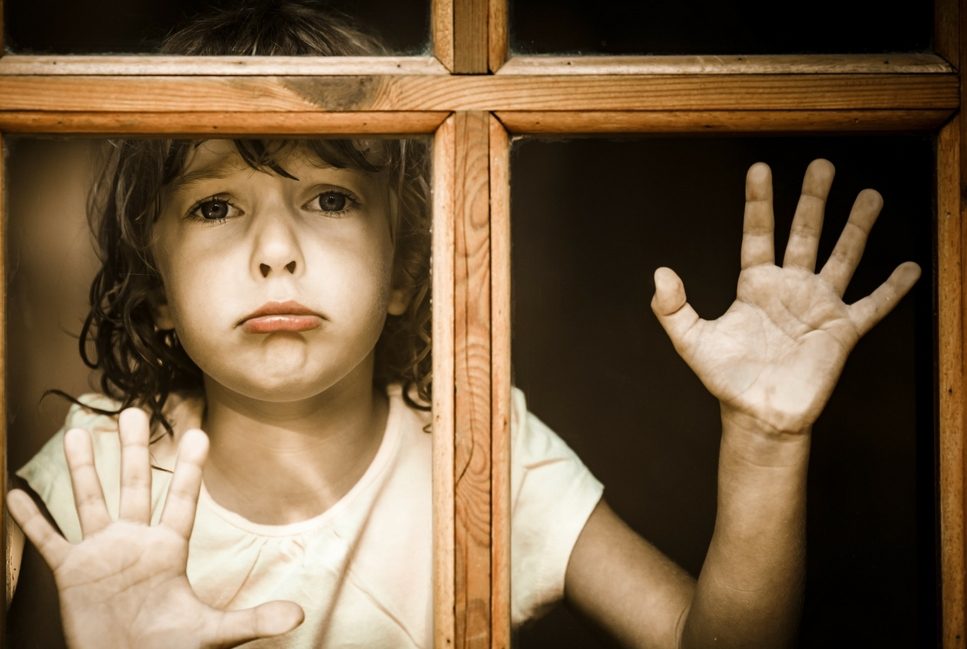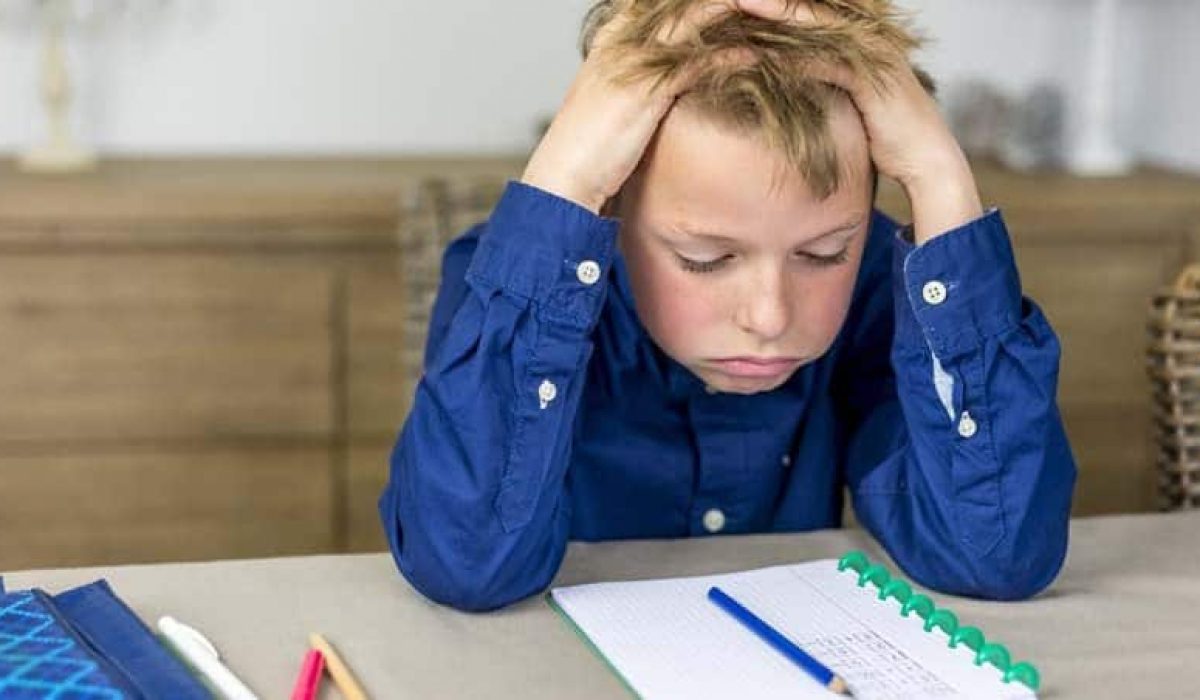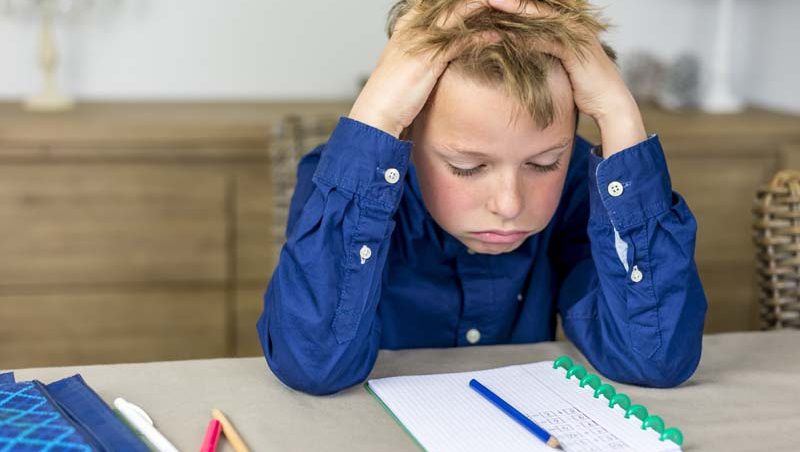Children navigate the world with wide-eyed curiosity, boundless energy, and an innate ability to absorb the experiences that shape their understanding of life. However, not all aspects of childhood are carefree and joyful. Some children face challenges that can hinder their emotional well-being and development.
As a parent, recognizing signs of struggle in your child is crucial, and understanding the potential benefits of child counseling can be a game-changer in their journey toward a healthier, happier future.

The Silent Struggles of Childhood
Childhood is often perceived as a time of innocence, but behind the laughter and play, many children grapple with various issues that impact their mental and emotional health. These struggles can manifest in different ways, such as behavioral changes, academic challenges, or social difficulties.
It’s not uncommon for parents to witness a decline in their child’s performance at school, sudden mood swings, or withdrawal from social activities. Identifying these signs early on is pivotal in providing the necessary support.
Children may face a myriad of challenges, including but not limited to:
- Academic Pressure
In an increasingly competitive educational landscape, children may feel overwhelmed by academic expectations. Struggling with schoolwork or coping with performance-related stress can have profound effects on their self-esteem.
- Social Anxiety
Navigating social relationships can be challenging for some children. Social anxiety can lead to isolation, inhibiting a child’s ability to form connections and develop crucial social skills.
- Family Dynamics
Changes within the family, such as divorce, relocation, or the introduction of a new family member, can significantly impact a child’s emotional well-being. Adapting to these changes may require additional support.
- Traumatic Experiences
Children, like adults, can be affected by traumatic events. Whether it’s the loss of a loved one, witnessing violence, or experiencing abuse, these events can leave lasting emotional scars.
The Role of Child Counseling
Child counseling, also known as pediatric counseling or child therapy, is a specialized field that focuses on helping children cope with and overcome various challenges. This form of therapy is designed to provide a safe and supportive environment where children can express their feelings, thoughts, and concerns. Child counselors are trained professionals who employ a range of therapeutic techniques tailored to the unique needs of children.
Establishing A Safe Space
Child counselors create a safe and welcoming environment where children feel comfortable sharing their thoughts and emotions. Establishing trust is fundamental to the therapeutic process, allowing children to open up about their struggles.
Emotional Expression
Children may not always have the vocabulary to express their emotions verbally. Child counselors often use creative methods, such as play therapy, art therapy, or storytelling, to help children communicate and process their feelings.
Building Coping Skills
Child counseling equips children with the necessary tools to cope with challenges effectively. This includes developing problem-solving skills, building resilience, and enhancing emotional regulation.
Strengthening Relationships
For children dealing with social difficulties, child counseling can provide guidance on building and maintaining healthy relationships. This may involve addressing communication issues, fostering empathy, and improving social skills.
Tailored Approaches
Every child is unique, and child counselors recognize the importance of individualized approaches. Therapeutic techniques are adapted to suit the age, personality, and needs of each child, ensuring a personalized and effective intervention.
Benefits of Child Counseling
The impact of child counseling extends beyond the therapeutic setting, influencing various aspects of a child’s life. Here are some notable benefits:
- Improved Academic Performance
Addressing underlying emotional issues can positively impact a child’s academic performance. As they develop coping mechanisms and gain a better understanding of their emotions, their ability to focus and engage in learning often improves.
- Enhanced Emotional Well-being
Child counseling provides a space for children to explore and understand their emotions. By addressing challenges early on, counselors help prevent the development of more severe emotional issues in the future.
- Increased Self-Esteem
Working through challenges and developing coping skills contributes to a boost in self-esteem. As children become more confident in handling difficulties, they are better equipped to face the complexities of life.
- Strengthened Family Relationships
In cases where family dynamics contribute to a child’s struggles, counseling can facilitate open communication and understanding among family members. Strengthening these bonds is crucial for the overall well-being of the child.
- Long-term Resilience
The skills acquired in child counseling set a foundation for long-term resilience. Children learn to navigate challenges with confidence, fostering a mindset that will serve them well into adolescence and adulthood.

Navigating the Decision to Seek Child Counseling
Recognizing the need for child counseling is the first step, but parents may grapple with the decision to seek professional help for their child. Here are some considerations:
Observable Behavioral Changes
If your child’s behavior has undergone noticeable changes, such as increased aggression, withdrawal, or a sudden decline in academic performance, it may be indicative of underlying issues that could benefit from professional intervention.
Persistent Emotional Distress
Children may not always articulate their emotional struggles verbally. Persistent signs of sadness, anxiety, or mood swings could signal a need for additional support.
Impact On Daily Functioning
When a child’s struggles begin to affect their daily life, including relationships, school, and overall well-being, it becomes imperative to address these issues proactively.
Open Communication
Maintaining open and non-judgmental communication with your child is crucial. Encourage them to express their feelings and let them know that seeking help is a positive and courageous step.
Professional Assessment
Consulting with teachers, school counselors, or pediatricians can provide valuable insights. These professionals may offer observations and recommendations, guiding parents in making informed decisions about the need for child counseling.
Breaking the Stigma: Embracing Child Counseling as a Positive Step
Despite the growing awareness of mental health issues, there still exists a stigma surrounding seeking professional help, especially for children. It’s essential to recognize that opting for child counseling is not a reflection of parenting failure but rather a proactive and supportive measure to ensure a child’s holistic well-being.
- Normalizing Mental Health
Promoting a culture that normalizes discussions around mental health is vital. By acknowledging that emotional well-being is as crucial as physical health, we contribute to destigmatizing the seeking of professional help.
- Advocating for Early Intervention
Just as we prioritize regular check-ups for physical health, advocating for routine mental health check-ins for children can foster a proactive approach to emotional well-being.
- Collaborative Efforts
Schools, communities, and parents can work collaboratively to create an environment that supports children’s mental health. This includes implementing mental health education programs and destigmatizing discussions about counseling.
Conclusion
Child counseling is a powerful tool that empowers children to overcome challenges, develop resilience, and navigate the complexities of life with confidence. By unraveling the impact of child counseling, we pave the way for a generation that embraces emotional well-being as an integral part of their overall health. As parents, caregivers, and community members, let us champion the cause of supporting children on their journey to a brighter and more resilient future.


